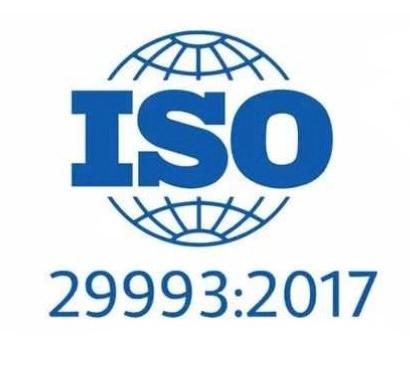Hospitality, Tourism, and Gastronomy
Doctor of Business Administration (DBA) course outline involves mapping out the structure of the program, including core courses, specialization tracks, research components, and other essential elements. Below is a general outline for a DBA program, including specialization papers.
DBA Program Course Outline
1. Core Courses (Year 1)**
– *Research Methodology*
– Quantitative Research Methods
– Qualitative Research Methods
– Mixed Methods Research
– *Advanced Strategic Management*
– Strategic Planning and Implementation
– Competitive Analysis and Strategy
– Global Business Strategy
– *Leadership and Organizational Behavior*
– Theories of Leadership
– Change Management
– Organizational Development
– *Financial Management*
– Corporate Finance
– Financial Risk Management
– Advanced Financial Analysis
– *Ethics and Corporate Governance*
– Business Ethics and Social Responsibility
– Corporate Governance Frameworks
– Ethical Decision-Making in Business
2. Specialization Papers (Year 2)**
Students select one area of specialization from the following, each including several courses and papers.
A. Strategic Management**
– Strategic Innovation and Entrepreneurship**
– Advanced Topics in Strategic Alliances and Partnerships**
– Corporate Restructuring and Strategic Renewal**
B. International Business**
– Global Business Environment**
– International Trade and Finance**
– Cross-Cultural Management and Leadership
C. Finance**
– *Advanced Corporate Finance*
– *Investment Analysis and Portfolio Management*
– *International Financial Markets and Institutions*
D. Marketing**
– *Advanced Marketing Strategy*
– *Consumer Behavior and Market Research*
– *Digital Marketing and E-commerce*
E. Human Resource Management**
– *Strategic HRM and Workforce Planning*
– *Talent Management and Organizational Development*
– *Advanced Compensation and Benefits Management*
F. Operations and Supply Chain Management**
– *Advanced Operations Management*
– *Global Supply Chain Strategy*
– *Lean Management and Continuous Improvement*
G. Innovation and Technology Management**
– *Innovation and Technology Strategies*
– *Managing Technological Change*
– *R&D Management and Product Development*
3. Electives (Year 2)**
Students can choose 2-3 electives from other specializations or related fields to complement their studies. Examples include:
– *Entrepreneurship and New Venture Creation*
– *Corporate Social Responsibility*
– *Data Analytics for Business Decision Making*
4. Research Component (Year 3)**
– *Doctoral Seminars*
– Advanced Topics in Business Research
– Workshops on Research Proposal Development
– *Comprehensive Examination*
– Assessment of knowledge in core and specialized areas
– *Dissertation Proposal*
– Development and defense of the research proposal
– *Dissertation Research and Writing*
– Conducting original research under supervision
– Writing and revising the dissertation
– *Dissertation Defense*
– Oral defense of the dissertation before a panel of experts
5. Professional Development and Networking**
– *Doctoral Colloquia*
– Presenting research progress to peers and faculty
– Engaging in discussions with industry leaders and scholars
– *Industry Projects*
– Collaborating with businesses on real-world challenges
– Applying research to solve practical business problems
Specialization Paper Outline**
Each specialization paper will consist of the following sections:
1. *Introduction*
– Background and context of the specialization field
– Purpose and objectives of the paper
2. *Literature Review*
– Review of existing theories and research
– Identification of gaps in current knowledge
3. *Research Methodology*
– Description of research design
– Data collection and analysis methods
4. *Findings and Analysis*
– Presentation of research results
– Analysis and interpretation of findings
5. *Discussion*
– Implications for theory and practice
– Recommendations for business leaders
6. *Conclusion*
– Summary of key insights
– Suggestions for future research
7. *References*
– Comprehensive list of sources cited in the paper
This outline provides a comprehensive framework for a DBA program, ensuring that students gain deep expertise in their chosen specialization while developing the skills necessary to conduct high-level research and contribute to the field of business administration






